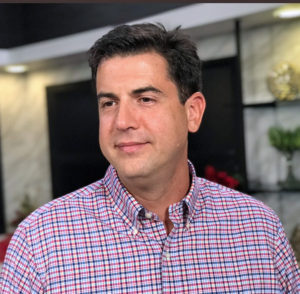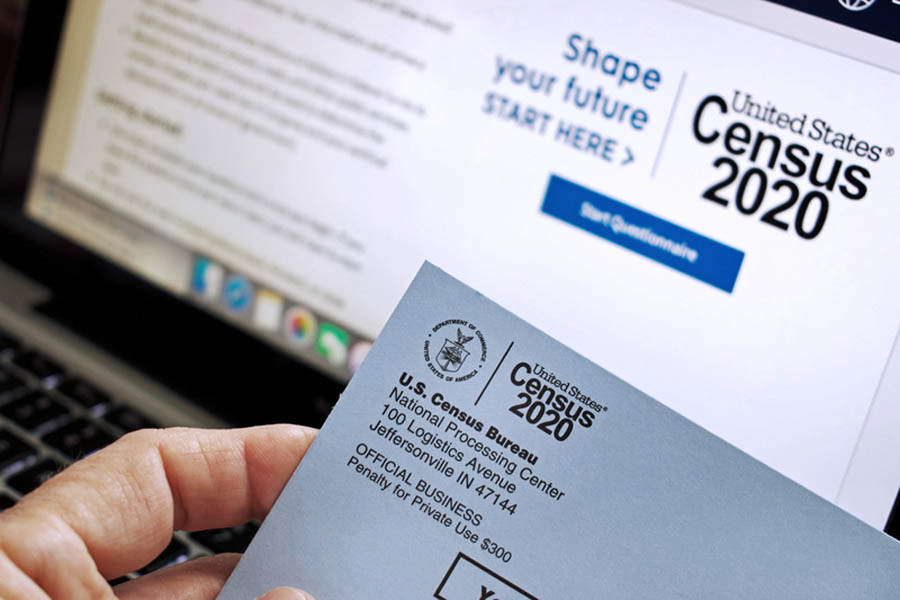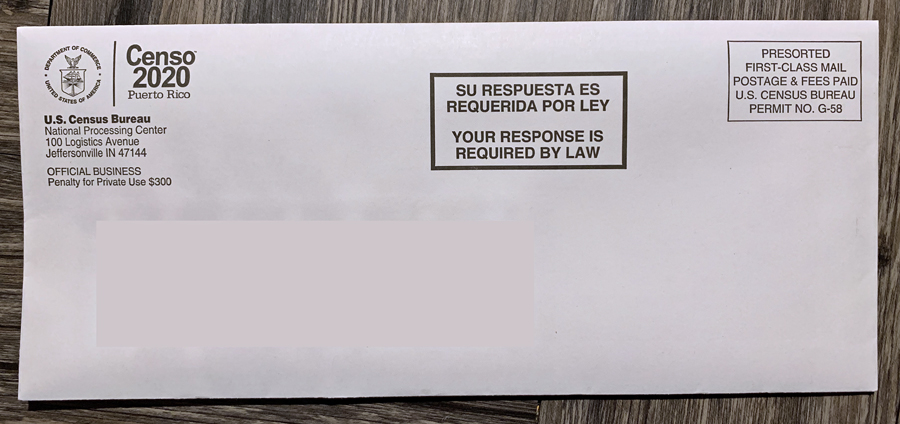Op-Ed: An inclusive census

The Constitutions of the United States and Puerto Rico require a decennial census that serves to update the geographical design of the electoral districts that make up the legislative bodies, the so-called electoral apportionment or redistribution.
This process aims to make each district represent a similar number of people, to avoid concentrating political power in a few districts. Historically, political parties take advantage of this process to obtain political leverage.
For 2020, the U.S. government proposed adding a question about the citizenship of each individual in the Census questionnaire. It will be the first time since 1960 that all people in Puerto Rico are asked about their citizenship (or naturalization). For Puerto Ricans there will be an option to answer that we are citizens by birth in Puerto Rico, apart from the citizenship of North Americans.
This proposal has generated concern in the United States among vulnerable communities, and people with fear of participating in an official process such as the census, including undocumented immigrants: many believe this information will be used to identify, profile, and persecute these populations. In fact, the U.S. Supreme Court is currently considering the matter, and a final decision is expected in the coming weeks.
While the federal government promotes this question under the premise that it is necessary to implement the Voting Rights Act of 1965, the citizenship question is projected to reduce the participation of vulnerable communities and will result in statistics that make these populations partially invisible.
While 24 state governments and cities in the United States have sued the federal government to stop the addition of this question, our local government ignores the matter.
Worse yet, documents published by The New York Times suggest that the plan is to eventually propose that the electoral redistribution be carried out using the number of citizens in each geographical area, instead of the number of people.
New legislative bodies would not only reflect the views of citizens with the right to vote but would also marginalize vulnerable communities from being considered in the design of electoral districts. They would be invisible from our system of government, which in the United States is thought to increase white political power.
As a result, this issue is of transcendence as it seeks to reorganize the way we govern ourselves. Even worse, this information will also be used during the next decade to plan and establish public policies, and allocate funds for various initiatives such as health, education, criminal justice, among others.
With a large number of people and communities living under vulnerable conditions in Puerto Rico, it is unfathomable that our government buries its head in the sand regarding this important matter.
In Puerto Rico, these changes would increase the political power of the wealthy, deepening the great economic inequality in which we already live. Worse yet, with every person that is not counted, we lose funds that could be allocated to support the education and health of our children during the next decade or funds that could be invested in human development projects.
At this stage, we can only trust the U.S. Supreme Court will discard the citizenship question. However, if approved, we have to resist the invisibilization of the future of our most vulnerable children, by making sure everyone participates in the 2020 Census.









